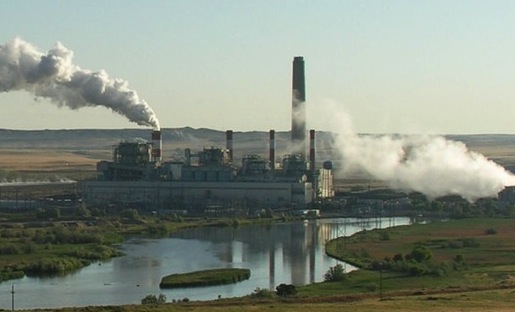Wyoming has become the first state in the U.S. to reject the adoption of new scholastic science standards proposed by national education groups, for grades kindergarten through 12th.
The Wyoming Board of Education decided recently that the Next Generation Science Standards need more review after questions were raised about how the standards address man-made global warming.
Wyoming is the nation’s leading coal producing state.
Board President Ron Micheli said the review will look into whether “we can’t get some standards that are Wyoming standards and standards we all can be proud of.”
Others view the decision as a blow to science education in Wyoming.
“The science standards are acknowledged to be the best to prepare our kids for the future, and they are evidence based, peer reviewed, etc. Why would we want anything less for Wyoming?” Marguerite Herman, a proponent of the standards, said.
Twelve states have adopted the standards since they were released in April 2013 with the goal of improving science education, and Wyoming is the first to reject them, said Chad Colby, spokesman for Achieve, one of the organizations that helped write the standards.
“The standards are what students should be expected to know at the end of each grade, but how a teacher teaches them is still up to the local districts and the states, and even the teachers in most cases,” Colby said.
But the global warming and evolution components have caused pushback around the country.
Amy Edmonds, of the Wyoming Liberty Group, said teaching “one view of what is not settled science about global warming” is just one of a number of problems with the standards.
“I think Wyoming can do far better,” Edmonds said.
Wyoming produces almost 40 percent of the nation’s coal, with much of it used by power plants to provide electricity around the nation. Minerals taxes on coal provided $1 billion to the state and local governments in 2012, and coal mining supports about 6,900 jobs in the state.
Burning coal to generate electricity produces large amounts of CO2, which is considered a heat-trapping gas in the atmosphere. Most scientists recognize that man-made CO2 emissions contribute to global warming. However, the degree to which it can be blamed for global warming is in dispute among some scientists.
Gov. Matt Mead has called federal efforts to curtail greenhouse emissions a “war on coal” and has said that he’s skeptical about man-made climate change.
This past winter, state lawmakers approved budget wording that sought to stop adoption of the standards.
“Wyoming is certainly unique in having legislators and the governor making comments about perceived impacts on the fossil fuel industry of kids learning climate science, and unique in acting on that one objection to prohibit consideration of the package of standards, of which climate science is a small component,” said John Friedrich, a member of the national organization Climate Parents, which supports the standards.
Friedrich and Colby noted that oil and gas industry giants Exxon Mobile and Chevron support the standards.
Agencies/Canadajournal
 Canada Journal – News of the World Articles and videos to bring you the biggest Canadian news stories from across the country every day
Canada Journal – News of the World Articles and videos to bring you the biggest Canadian news stories from across the country every day



